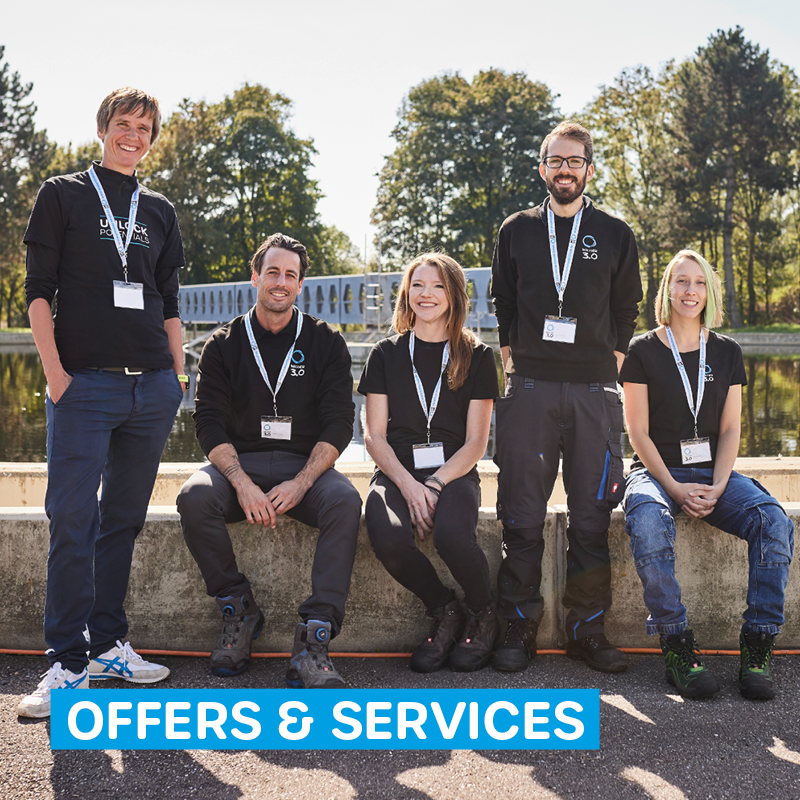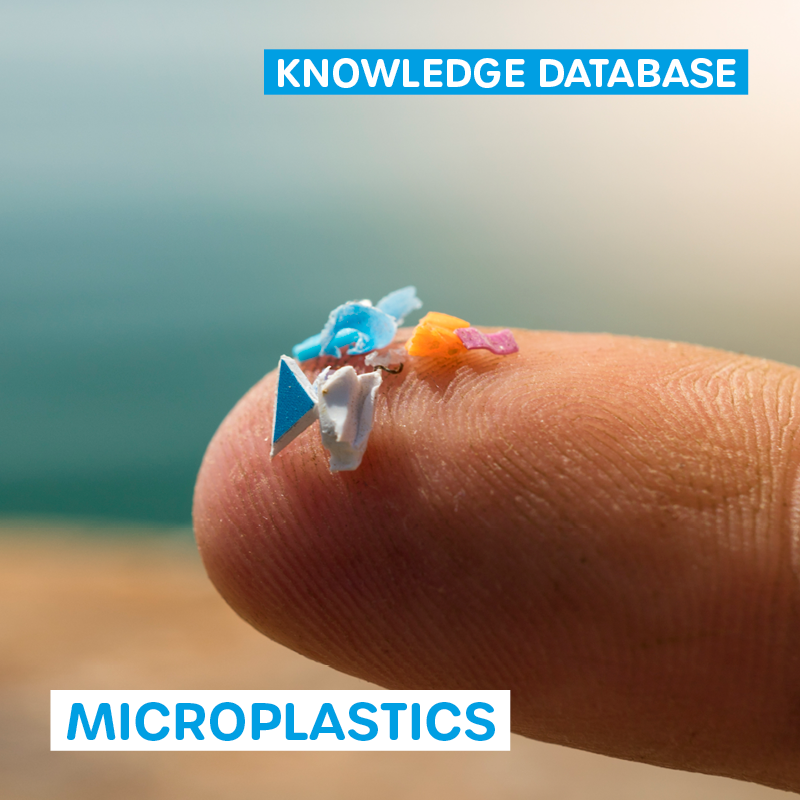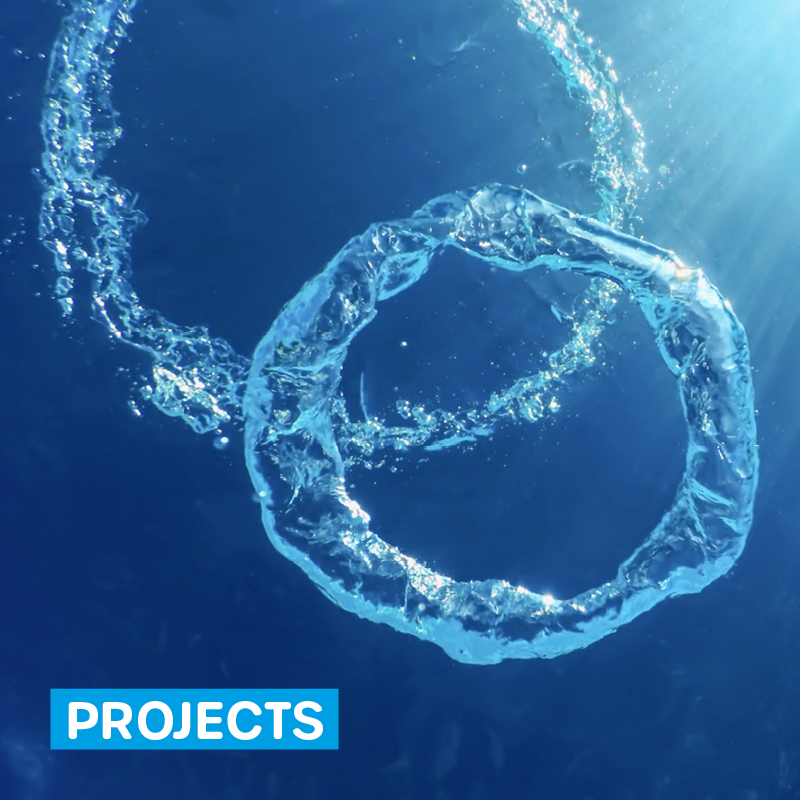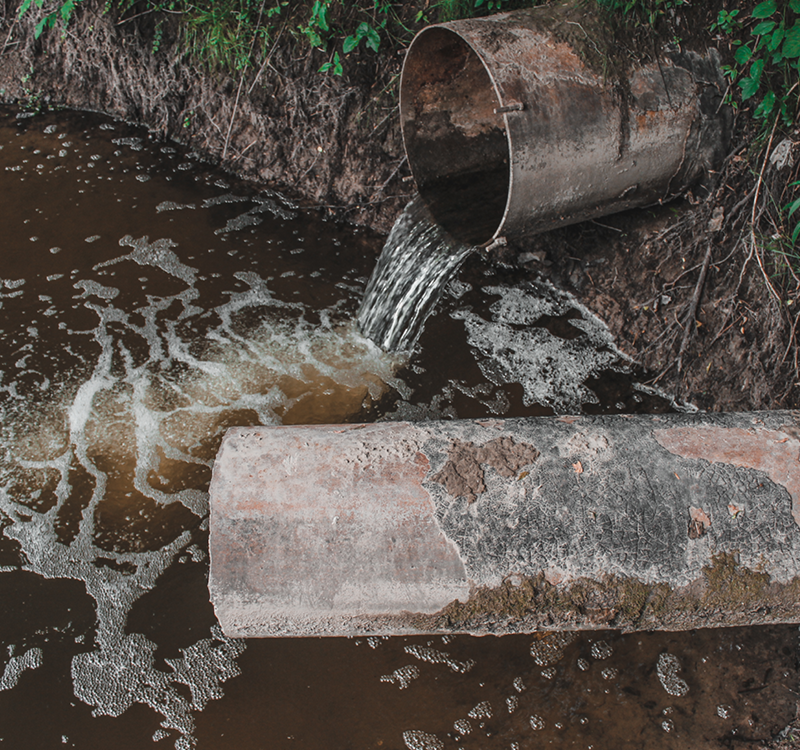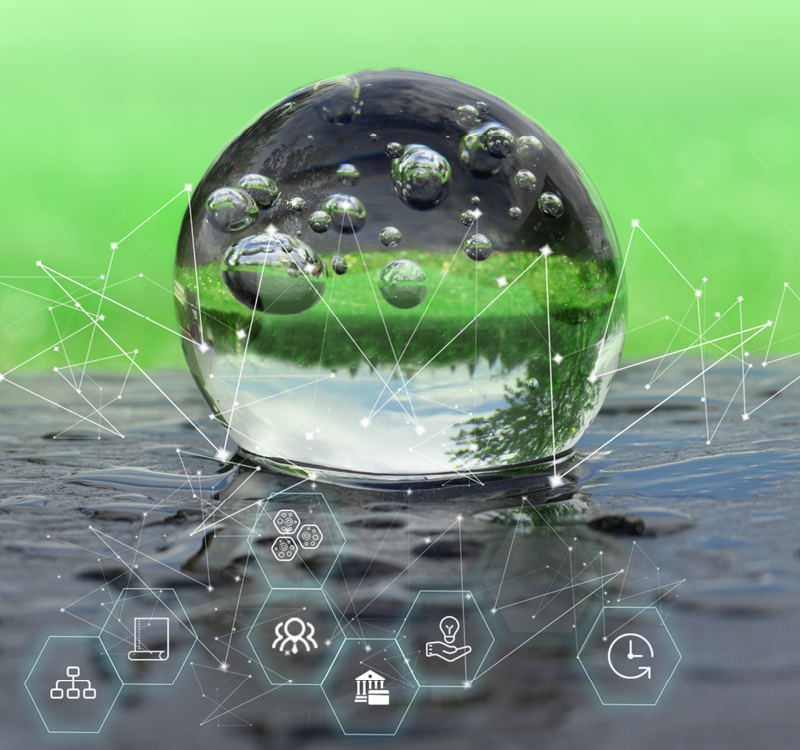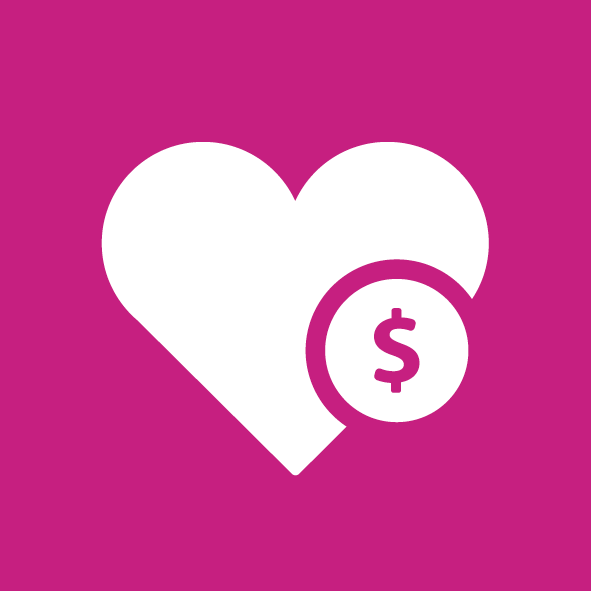
Application-based research
Responsible and application-based research for water without microplastics and micropollutants.
Every water, every pollution, and every process is unique.
Aligned with the United Nations Sustainable Development Goals, we research and develop responsible concepts and solutions to detect, remove, and reuse microplastics and other classes of pollutants in water.
From research initiation to real-world deployment of solutions, we consider the full impact of our activities on society and the environment. The principles of Cradle2Cradle, circular economy and the UN Sustainable Development Goals guide our actions.
We are application oriented on a scientifically sound basis. Through cross-evaluations, we manage to evaluate processes even when standardized detection methods are lacking - as in the case of microplastics. Our consistent reuse strategy makes both waste products and water recyclable.
Cross-evaluations enable us to assess processes even if there are no standardised detection methods - as is the case with microplastics. The consistent reuse strategy makes waste products reusable and water recyclable.
- We conduct research based on real issues.
- Responsibly.
- According to the principles of open innovation.

The basis of our research: 3 concepts for 0 pollutants
Hybrid silica gels have been Dr. Katrin Schuhen's field of research ever since she received her doctorate. One question has occupied her for many years: Can hybrid silica gels be used for the removal of microplastics and further pollutant classes from water?
Using functional designs, chelation, and clump & skim technology, it was possible to research custom-fit hybrid silica gels and blends capable of removing pollutant classes such as reactive organic chemical substances (e.g., drugs and their residues), PFAS compounds, organic phosphorus compounds, heavy metals and microplastics.
The optimal interaction of application-oriented and responsible research within the Wasser 3.0 strategy detect | remove | reuse delivers the greatest possible impact for the environment and society: water is saved, waste reduced, and water quality increased.

